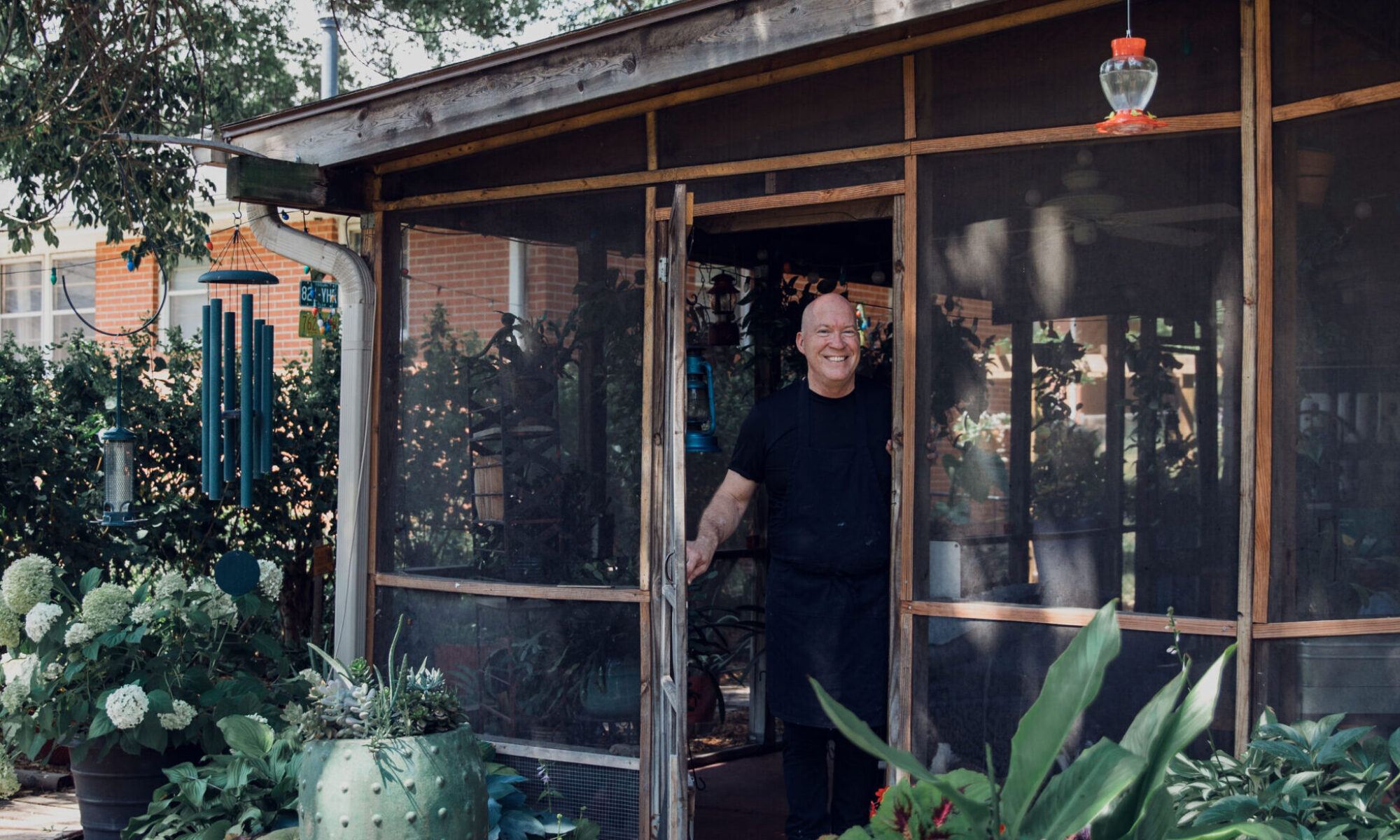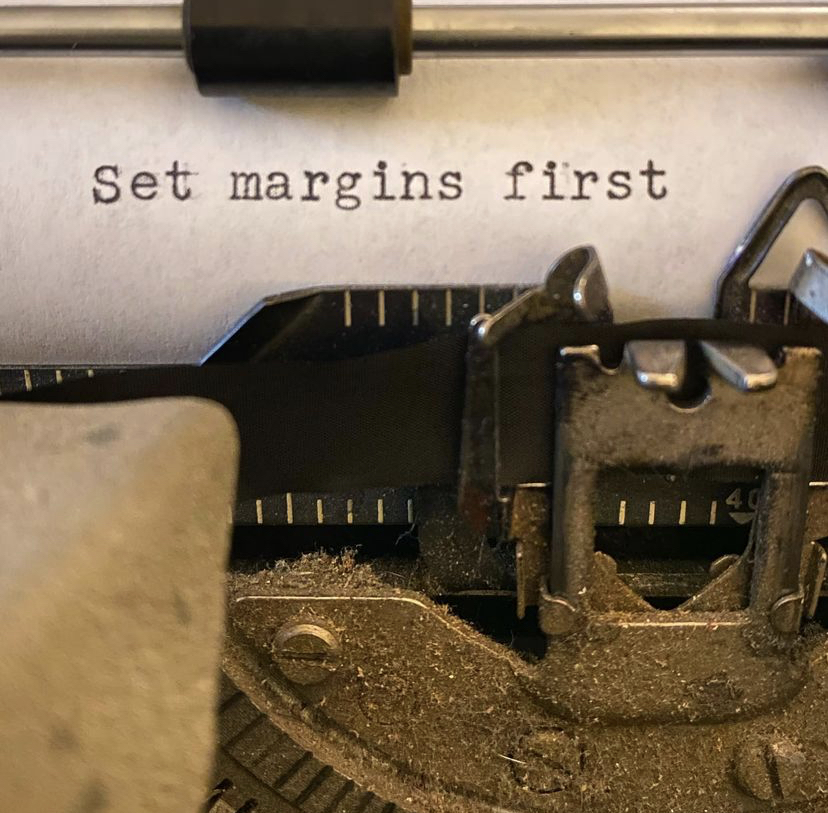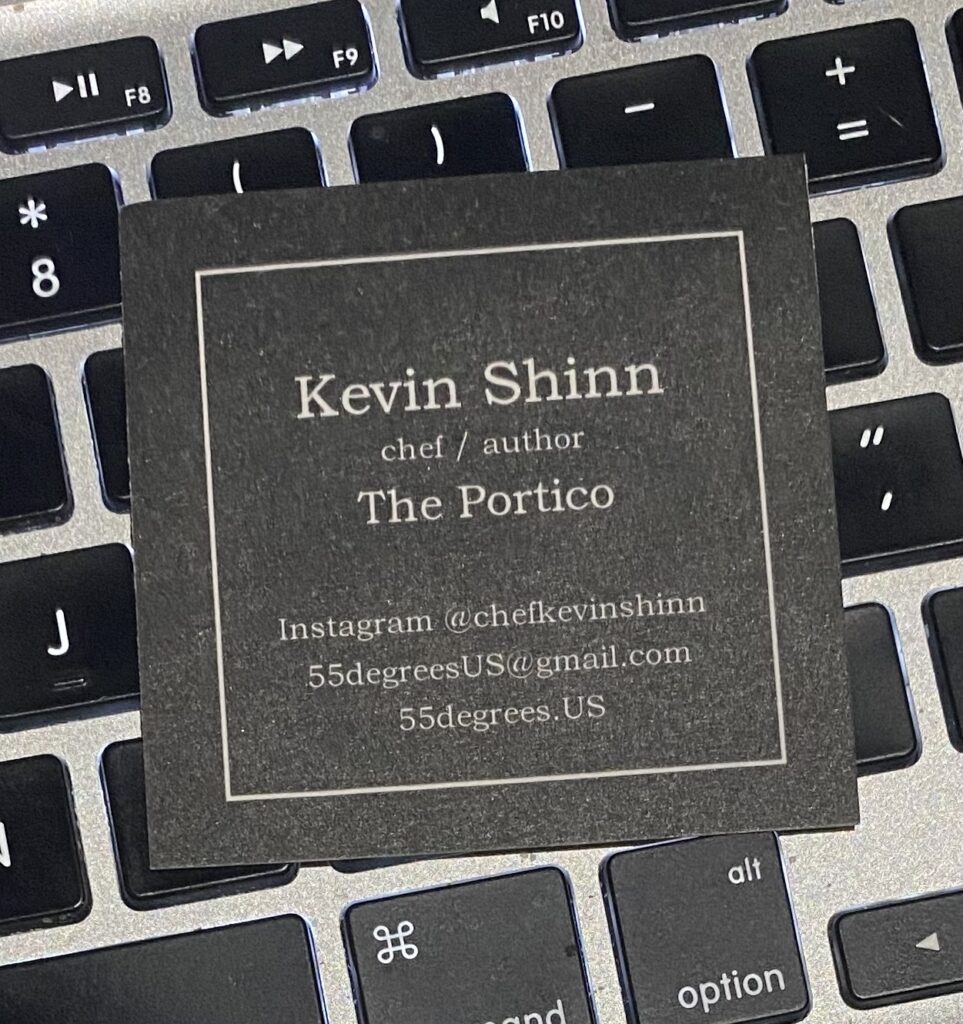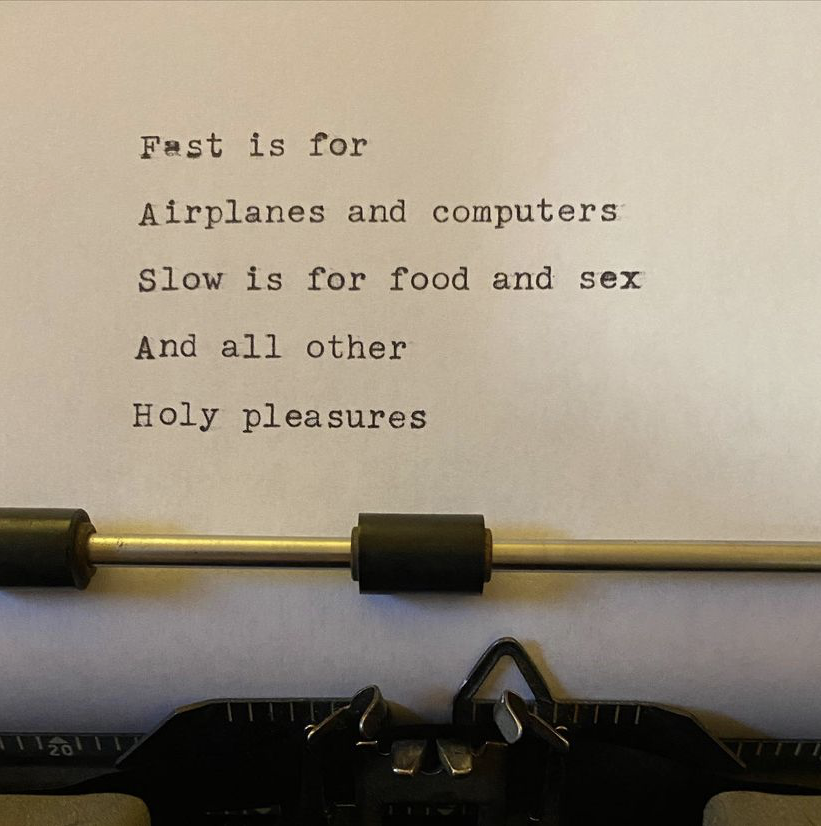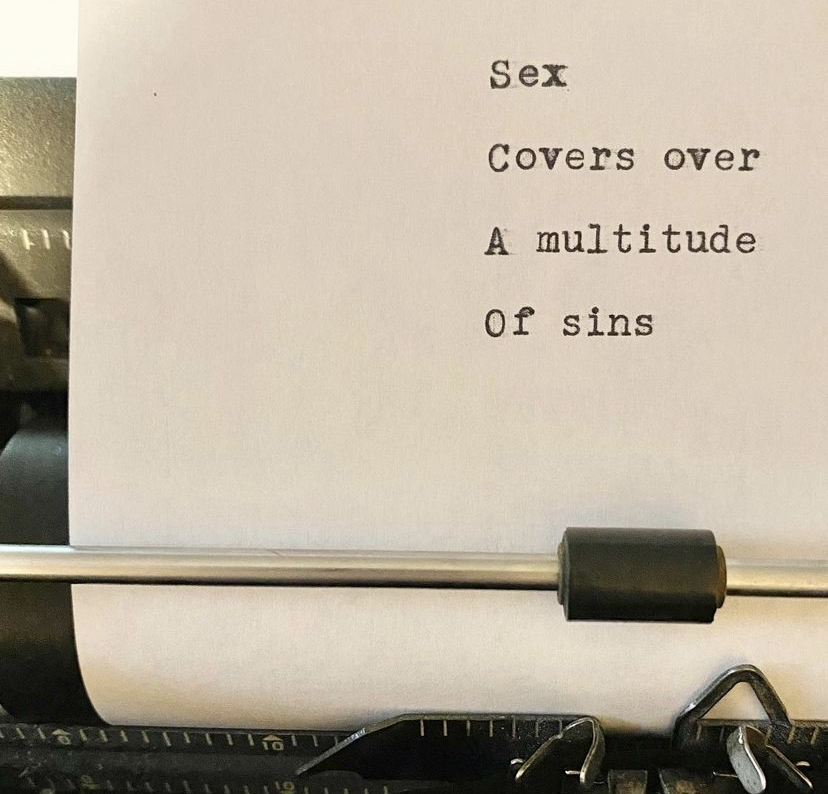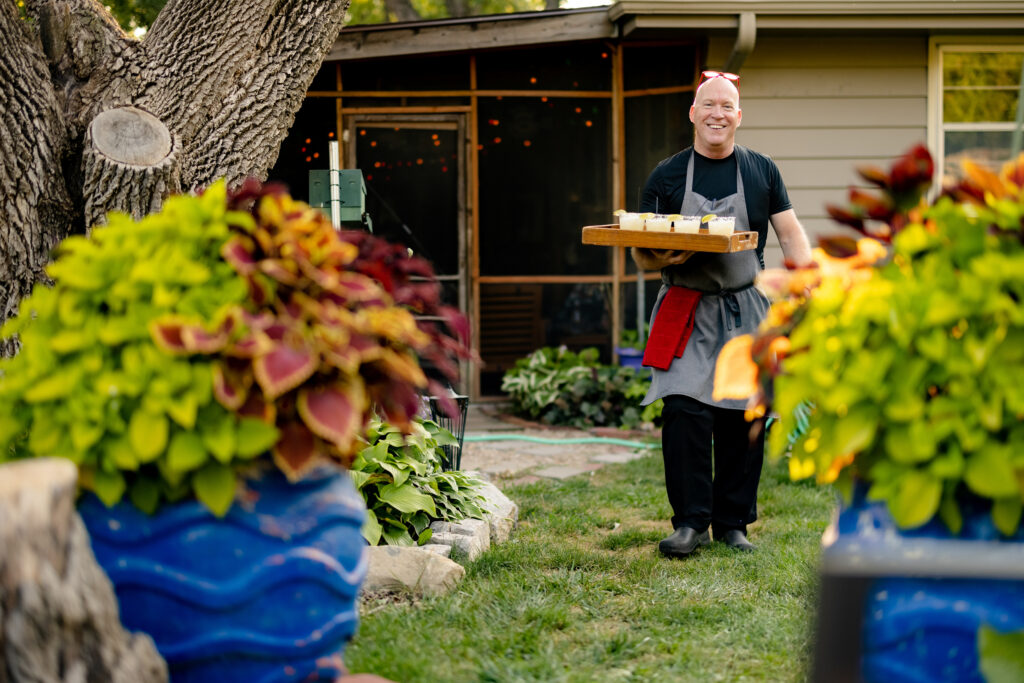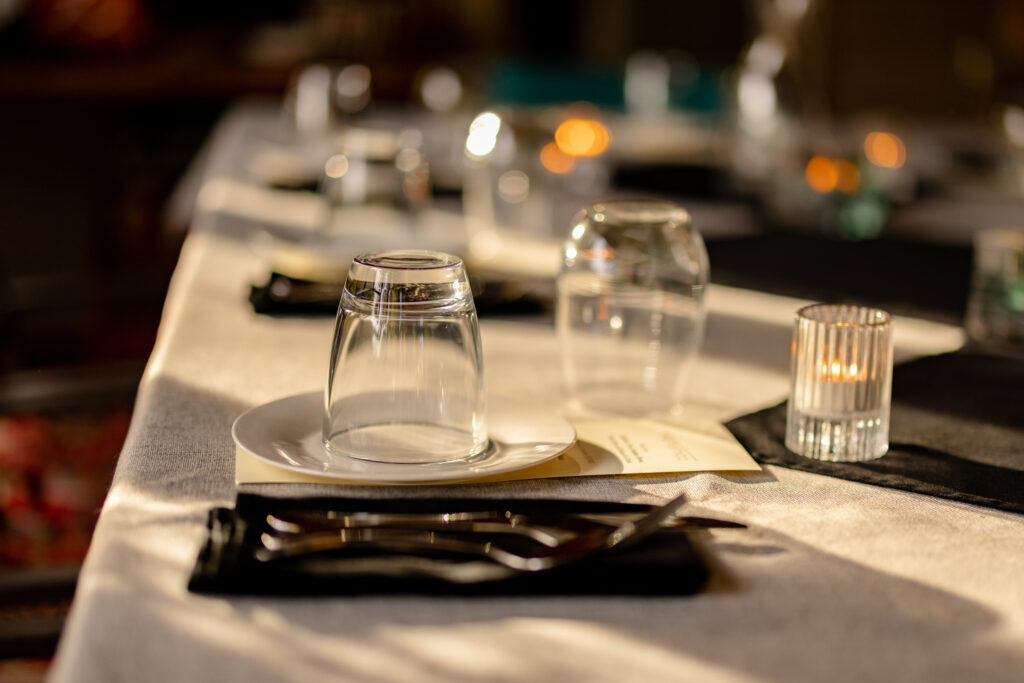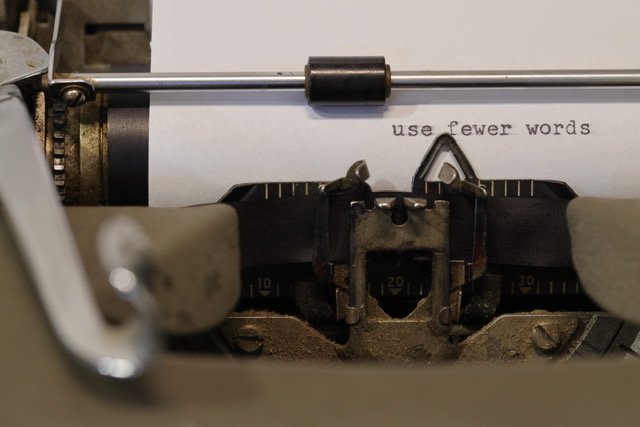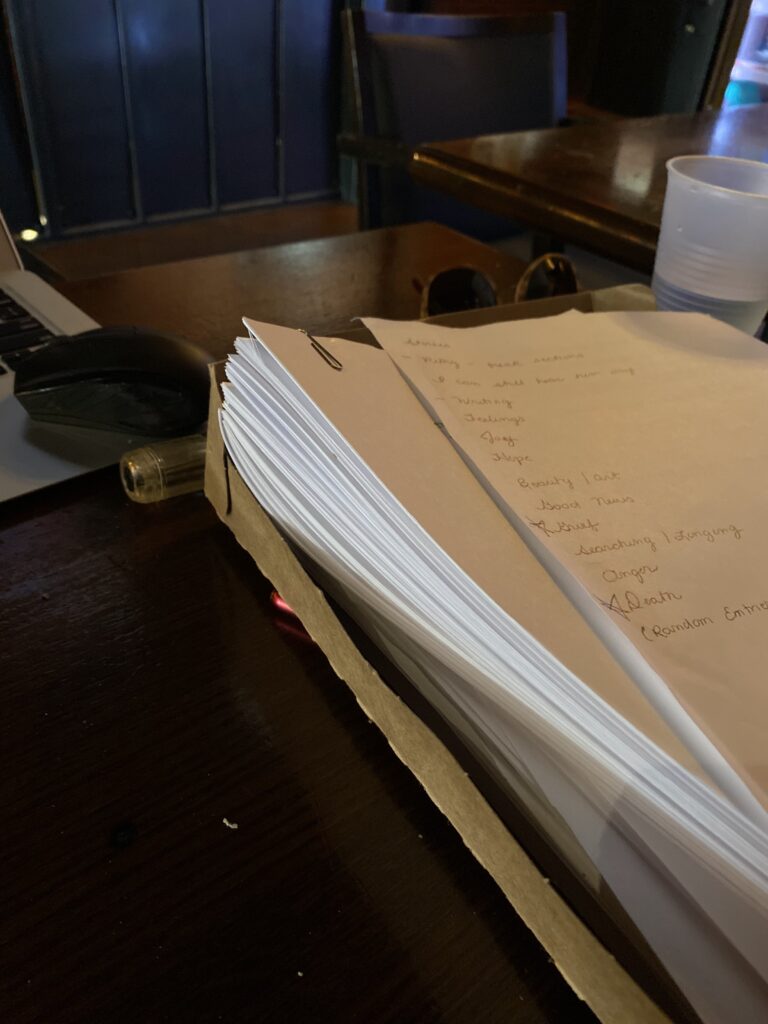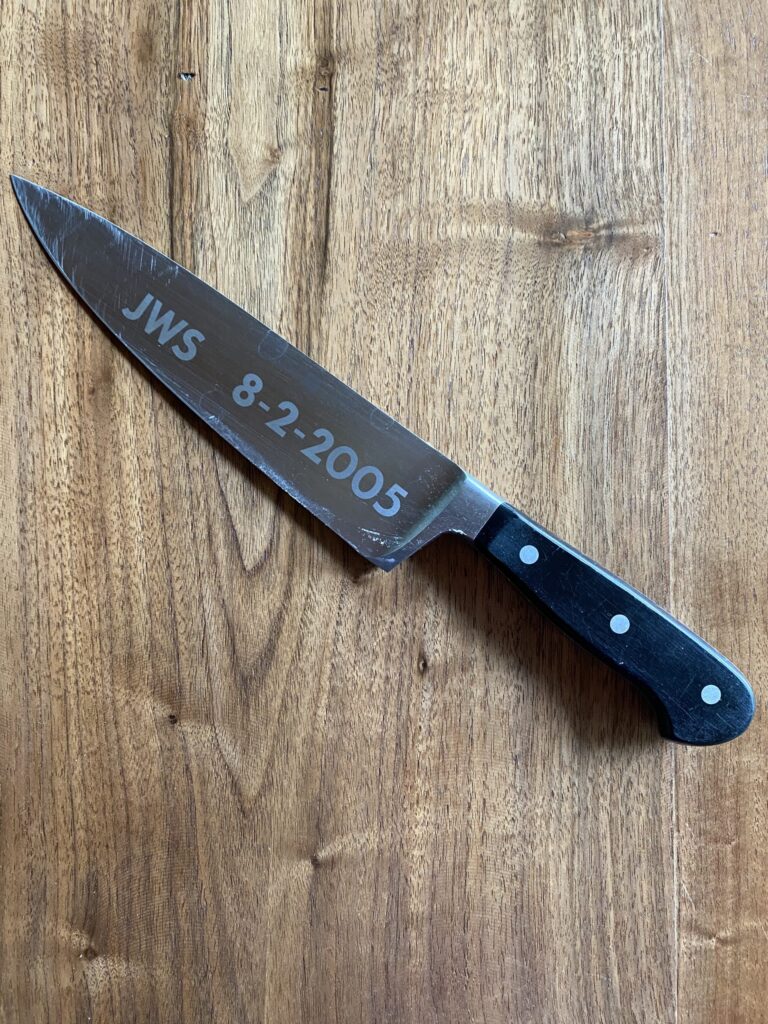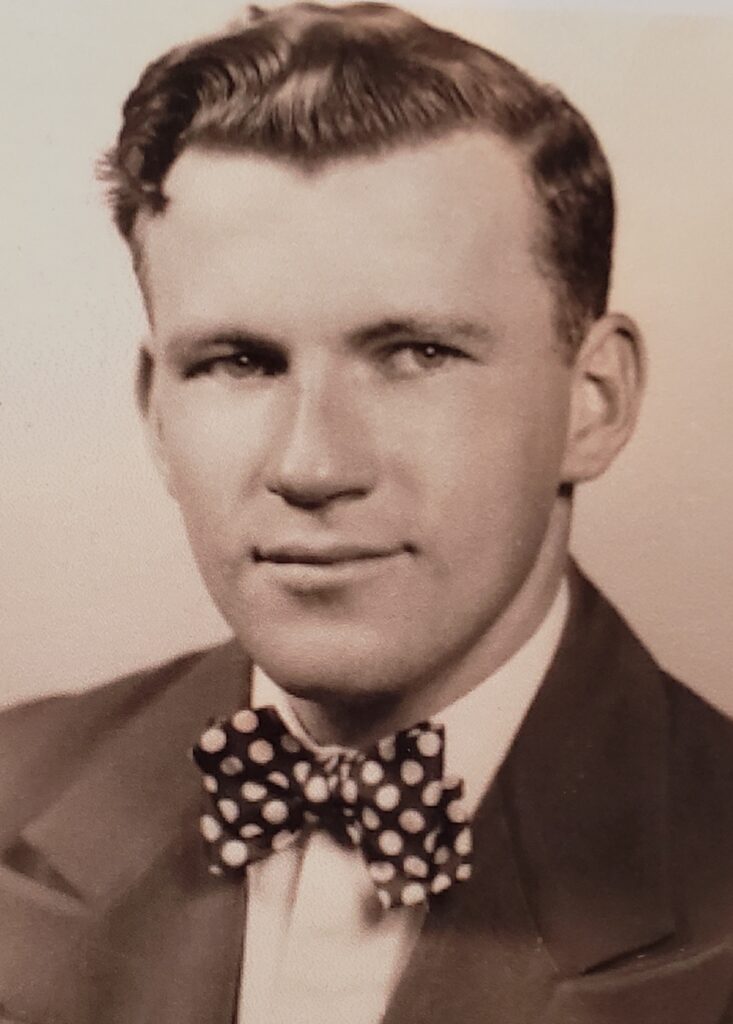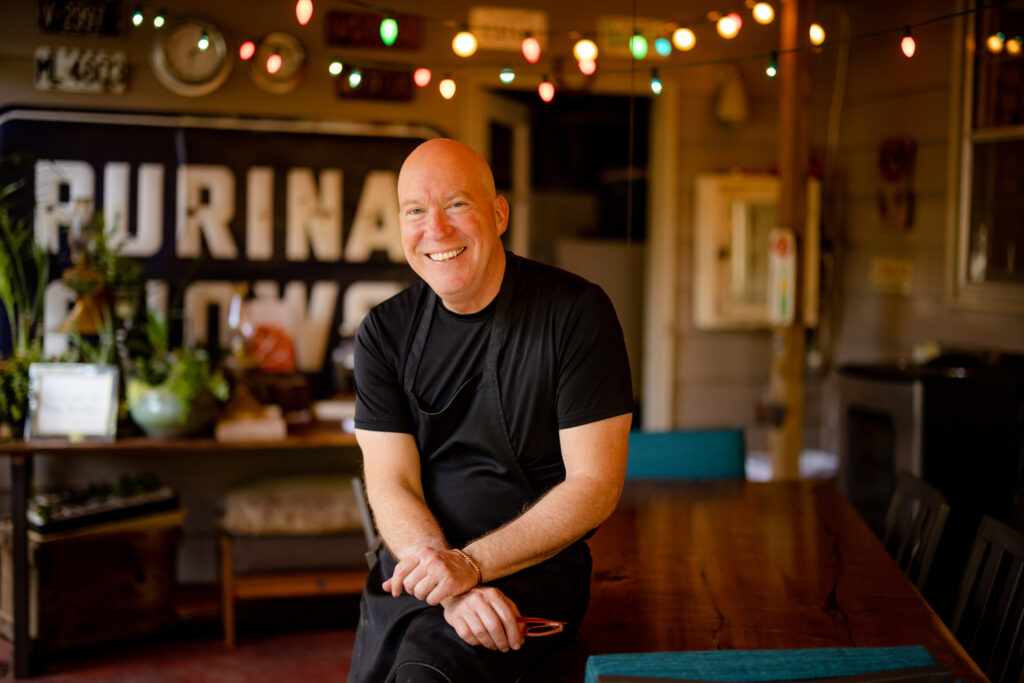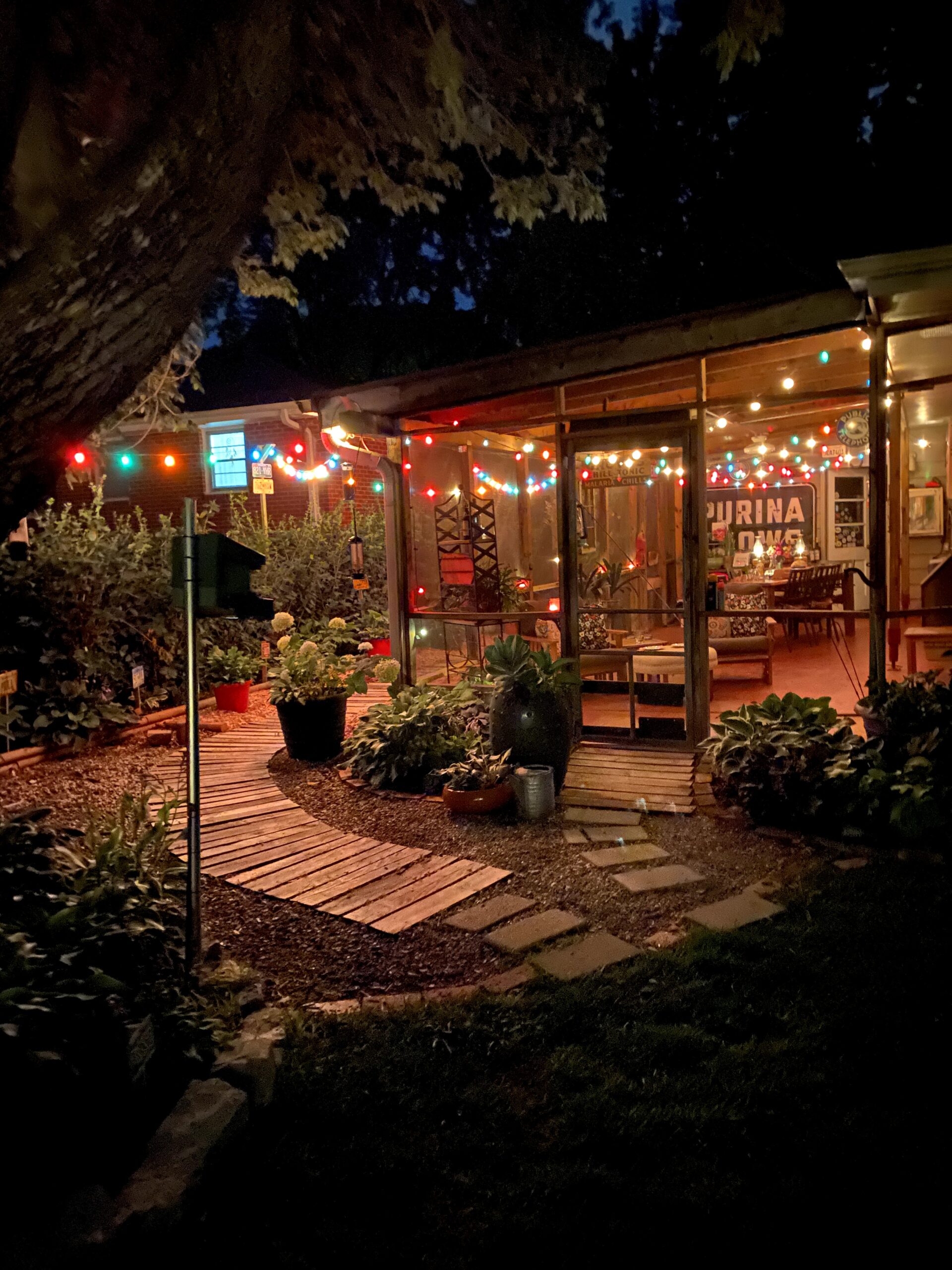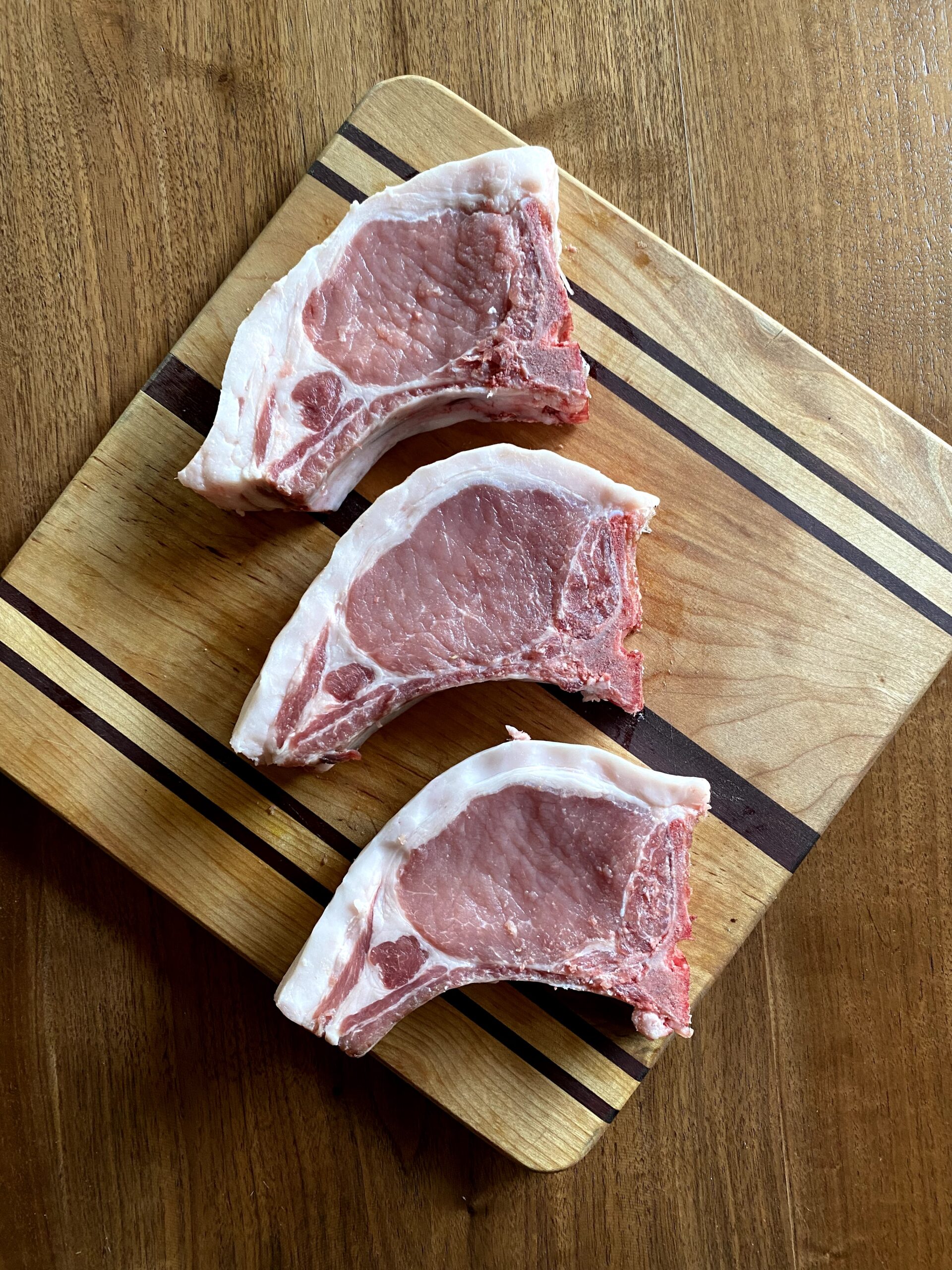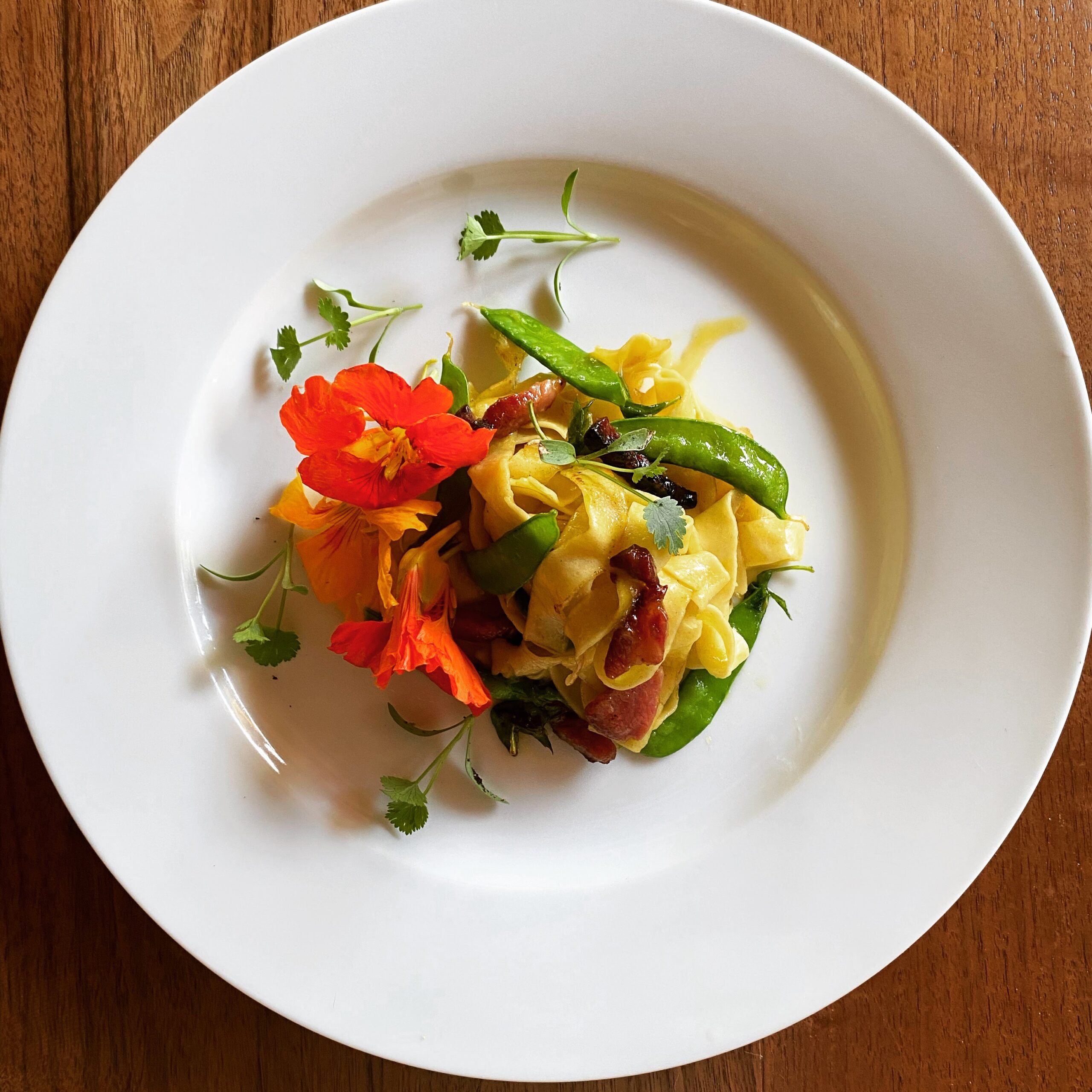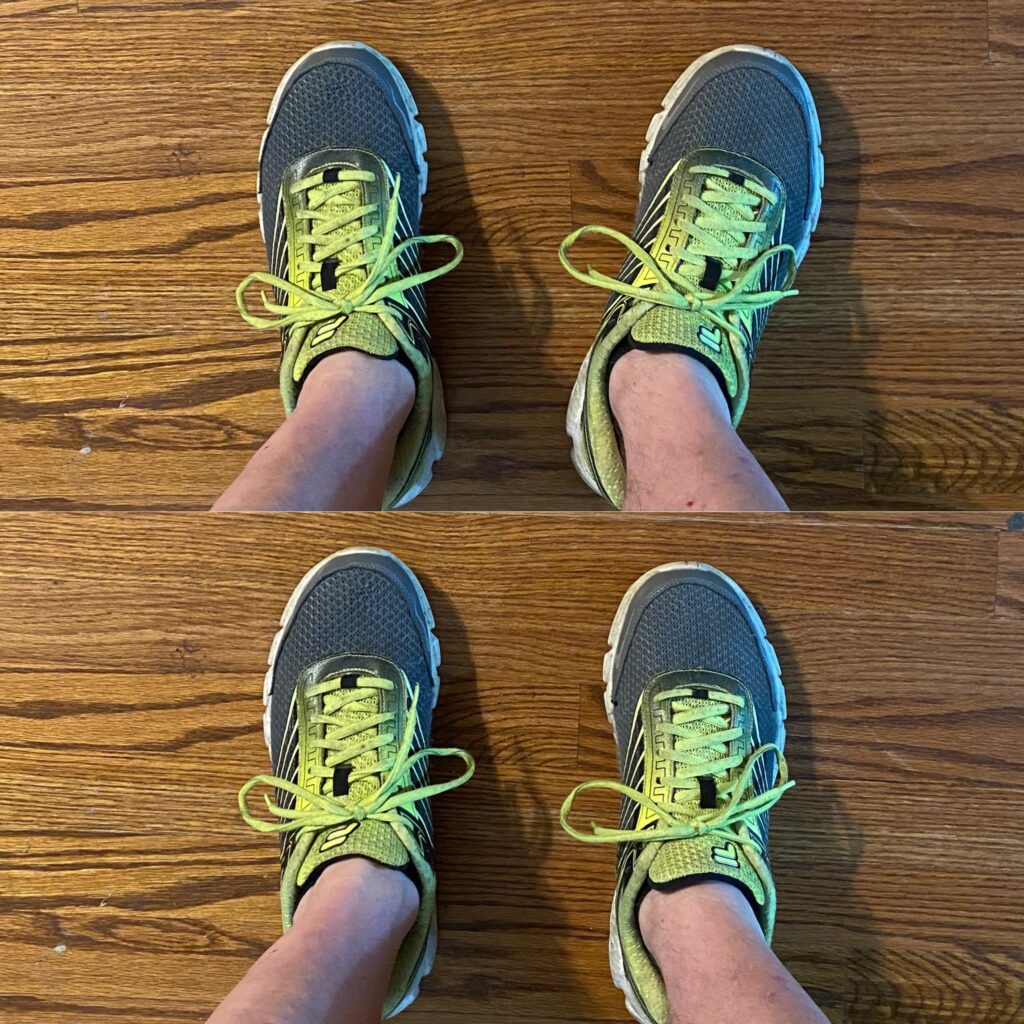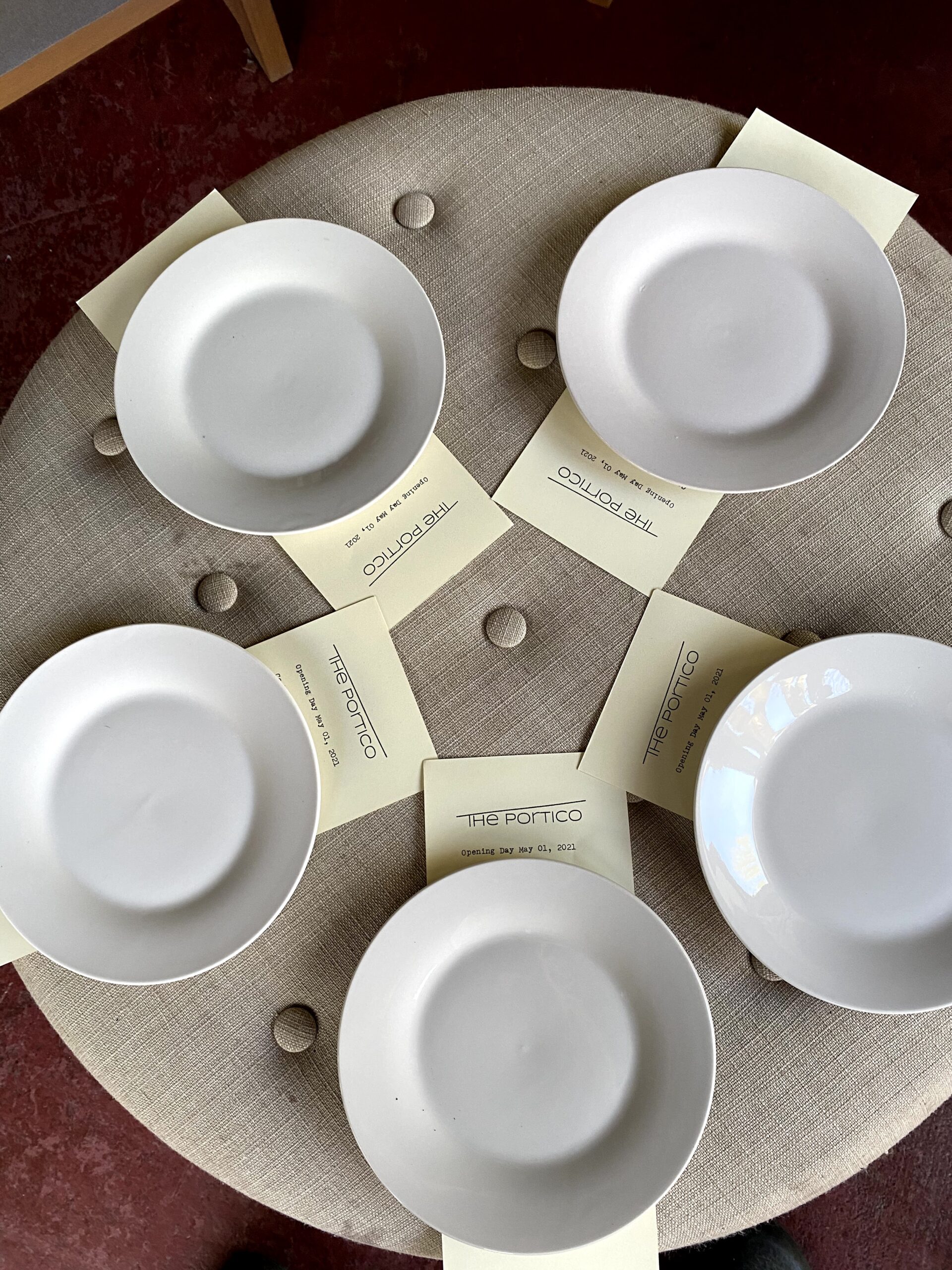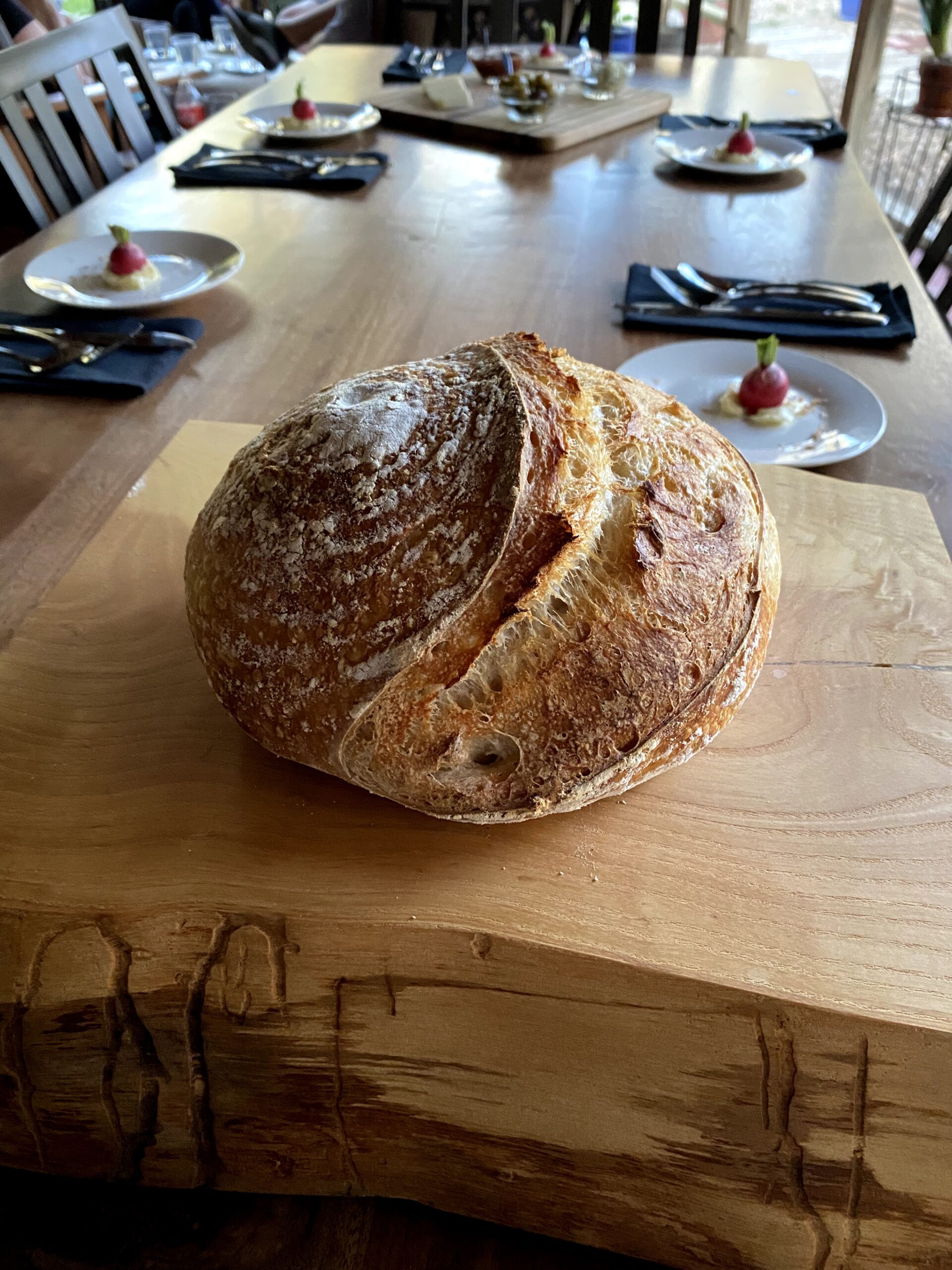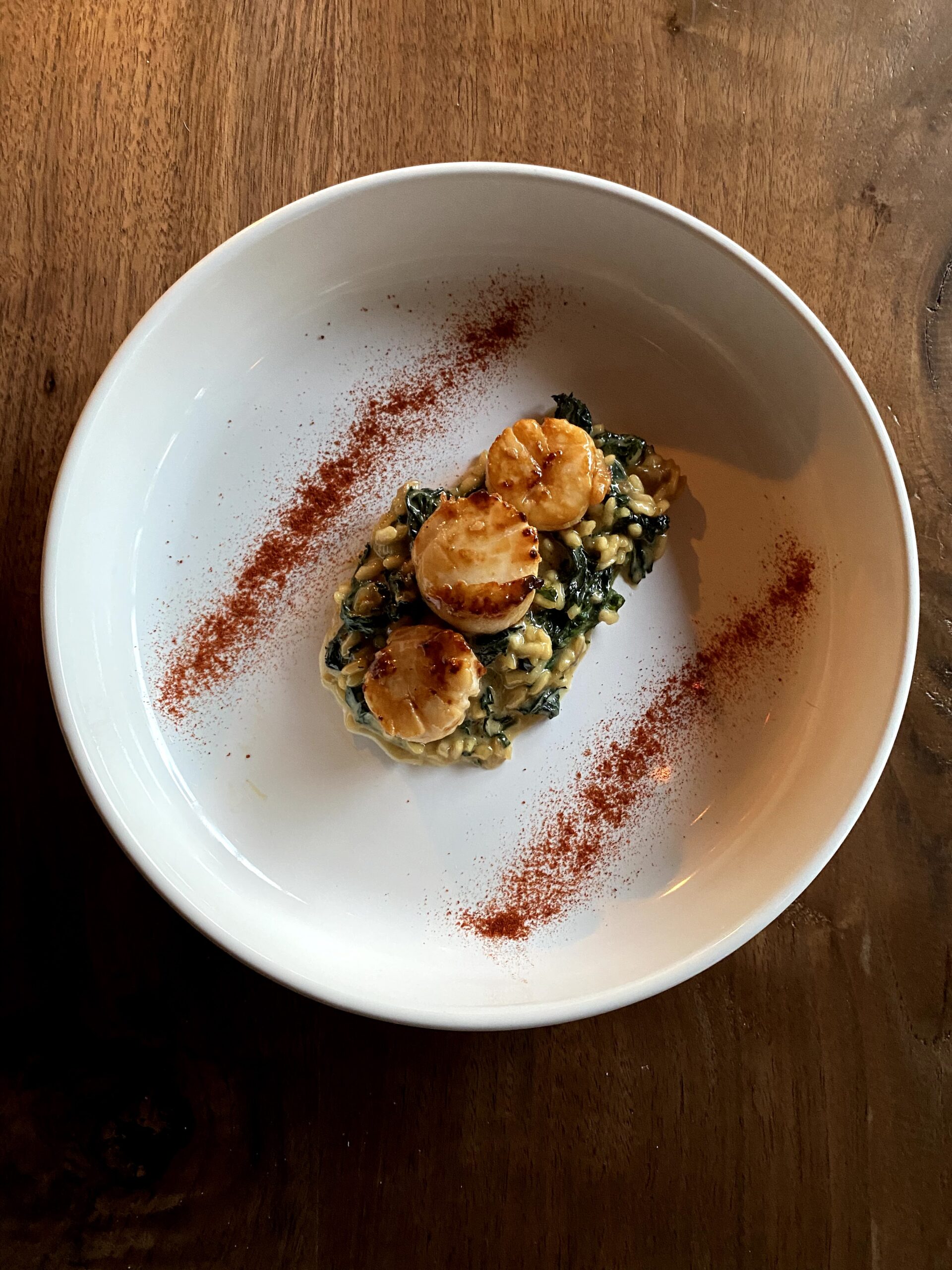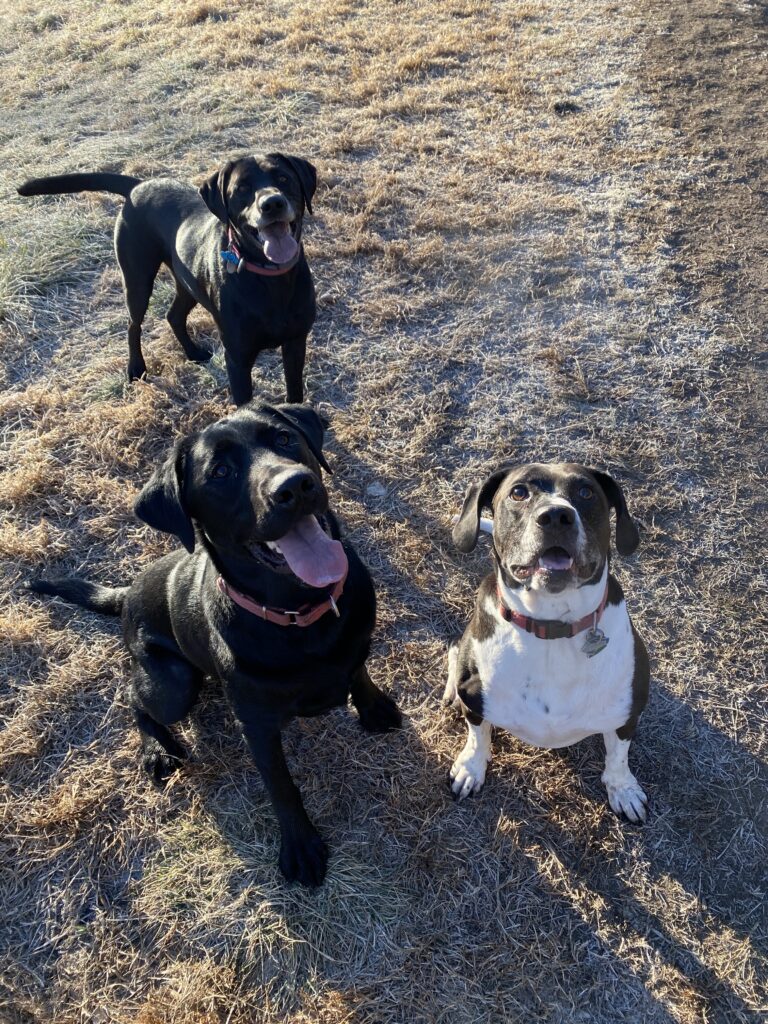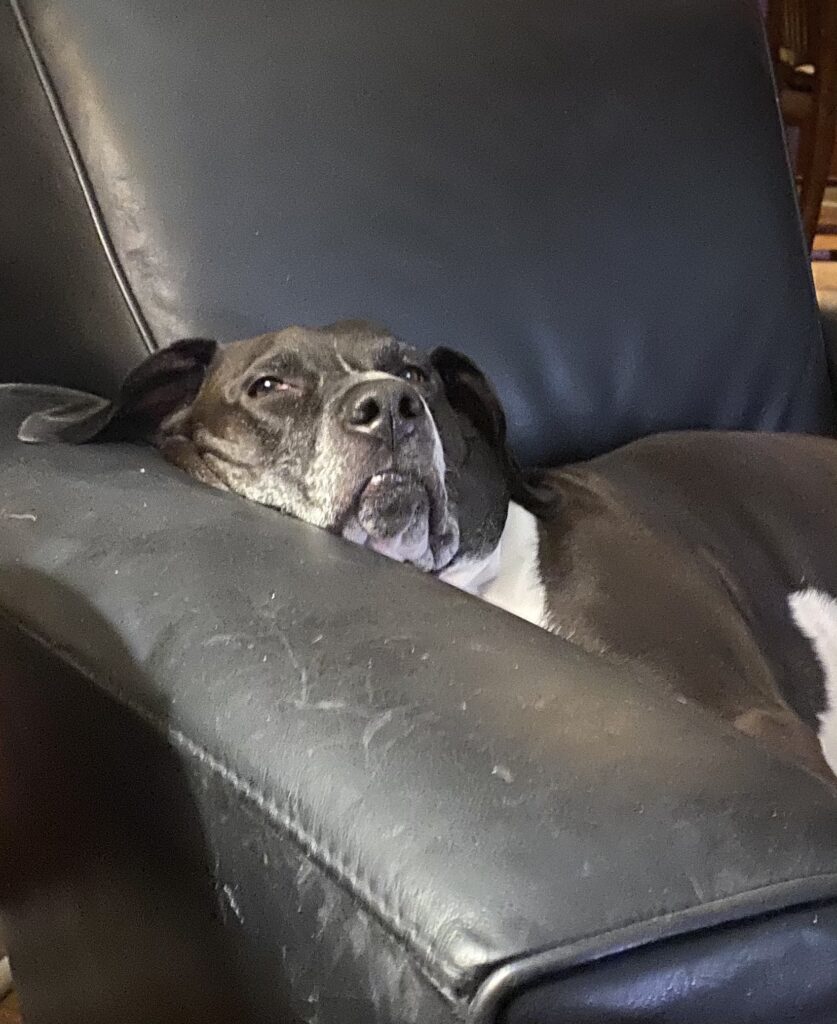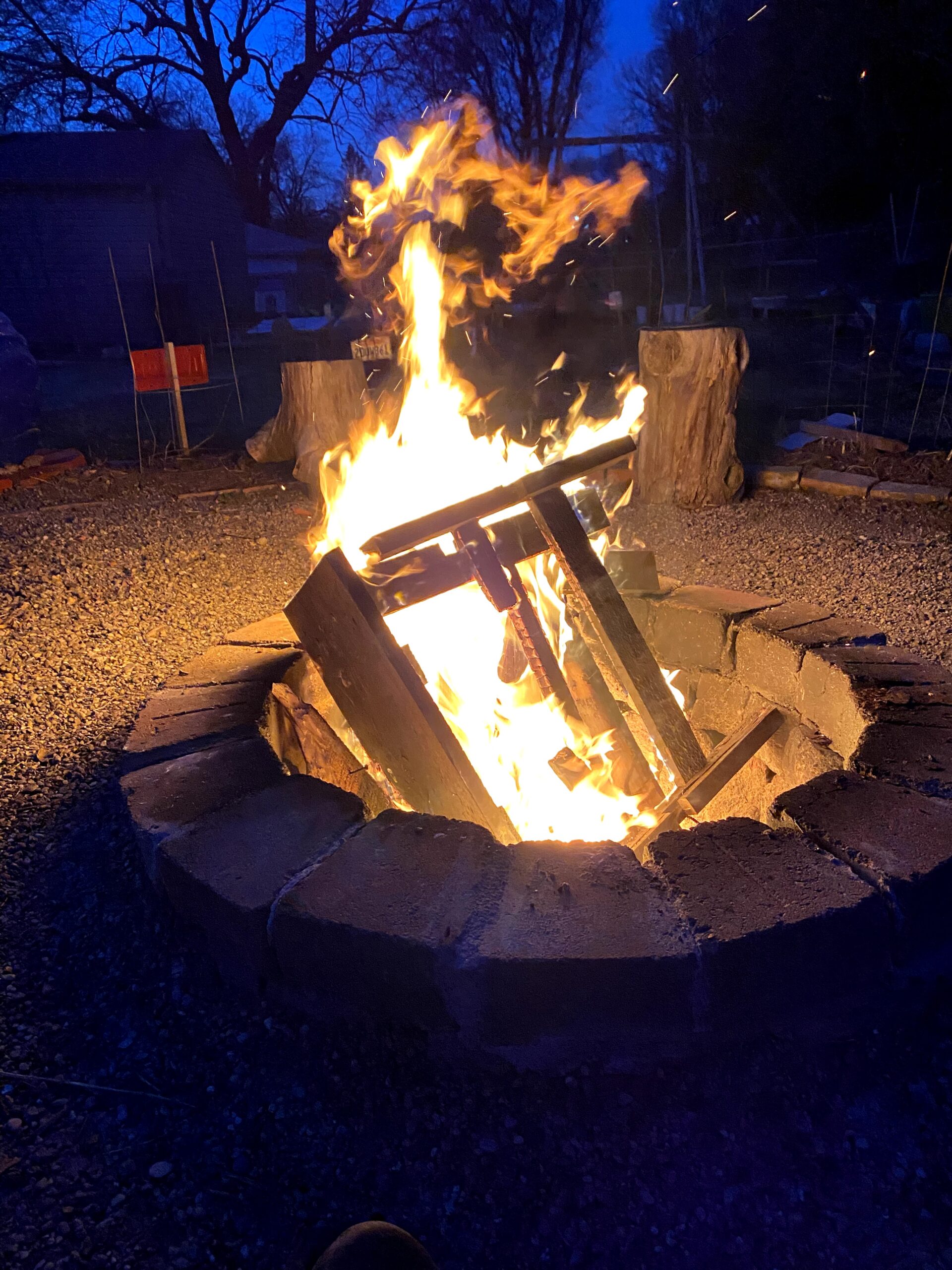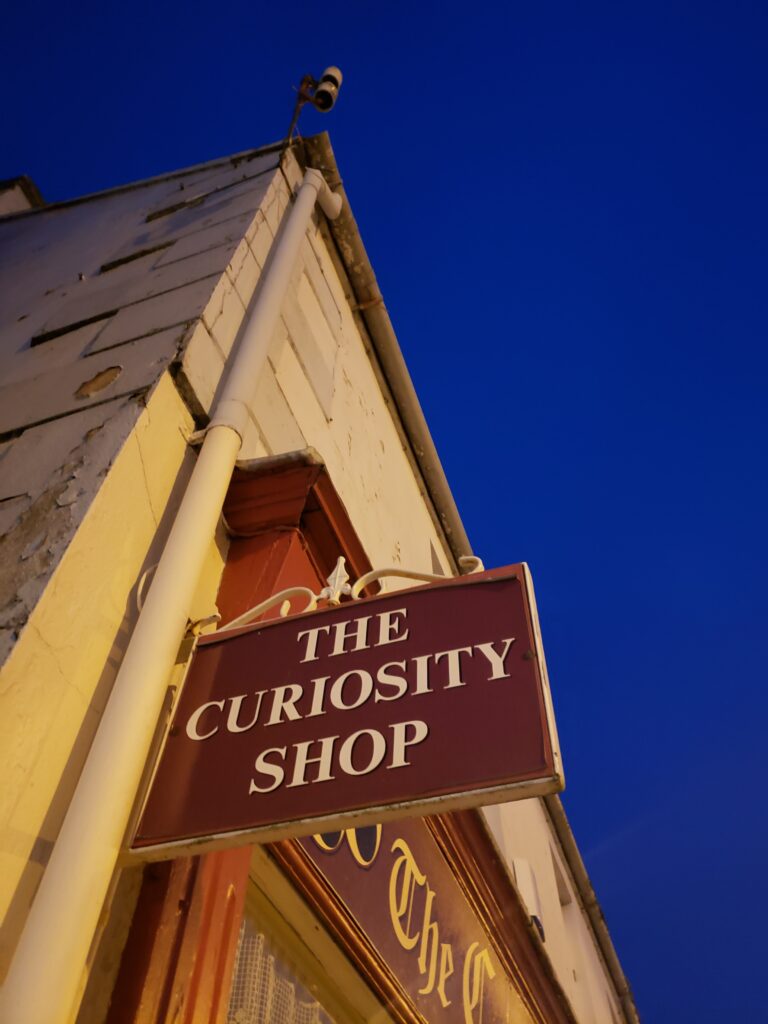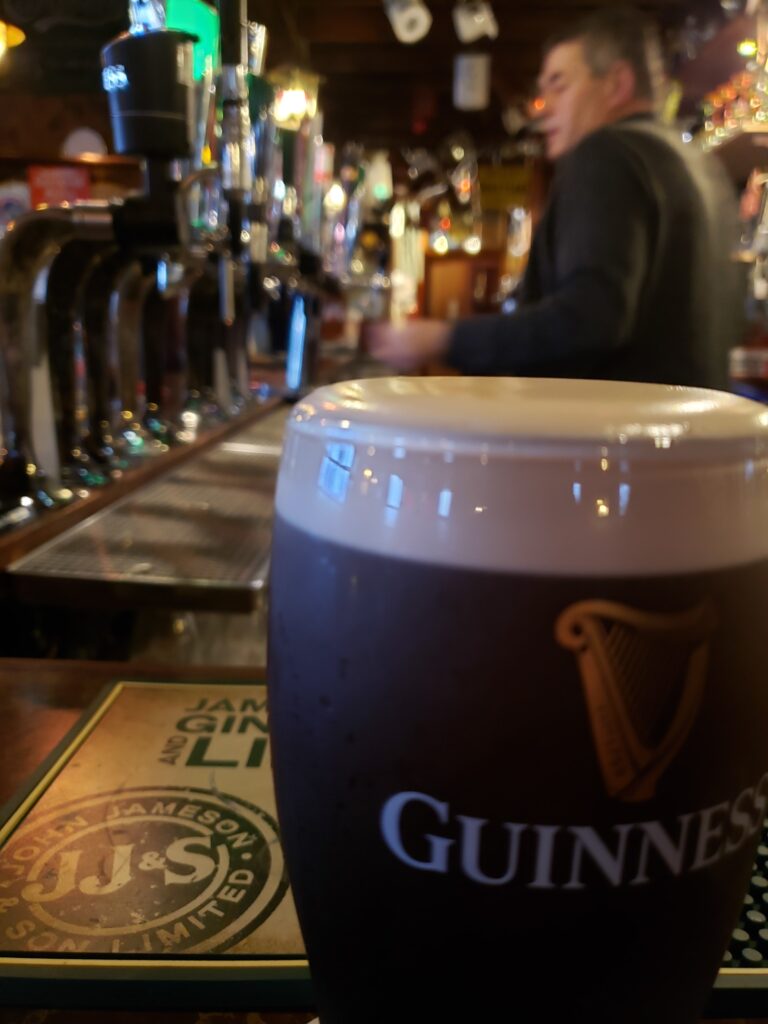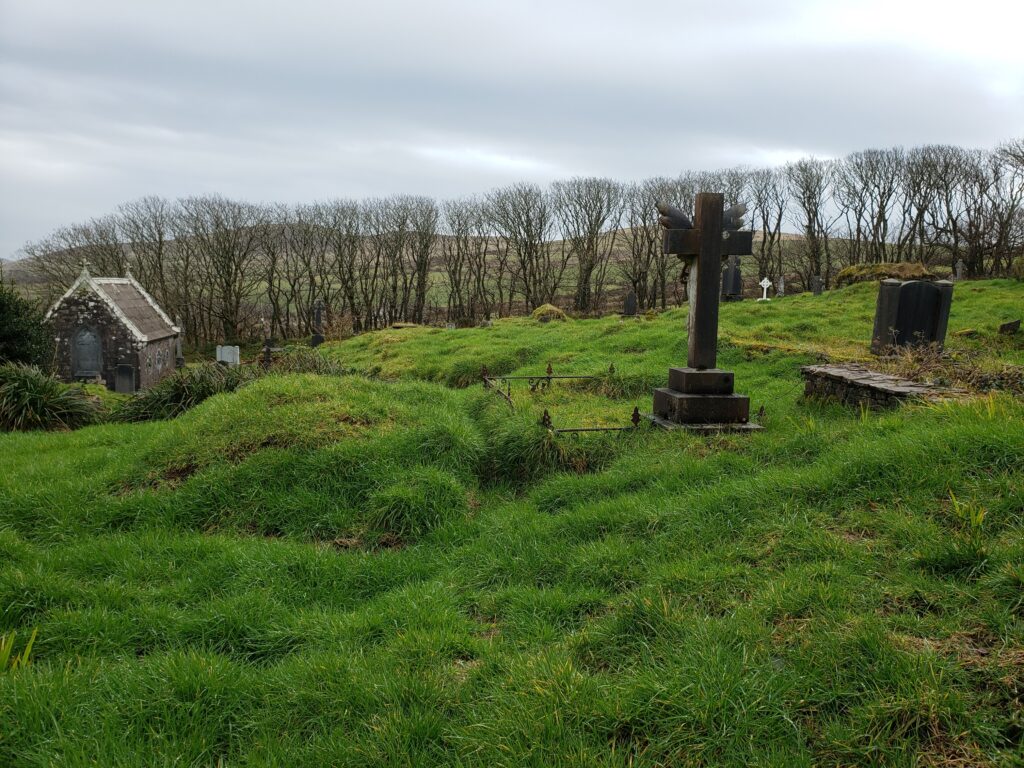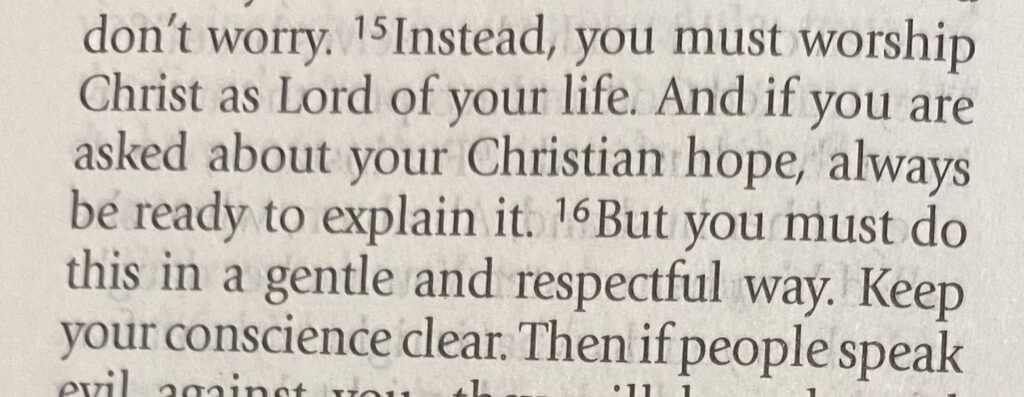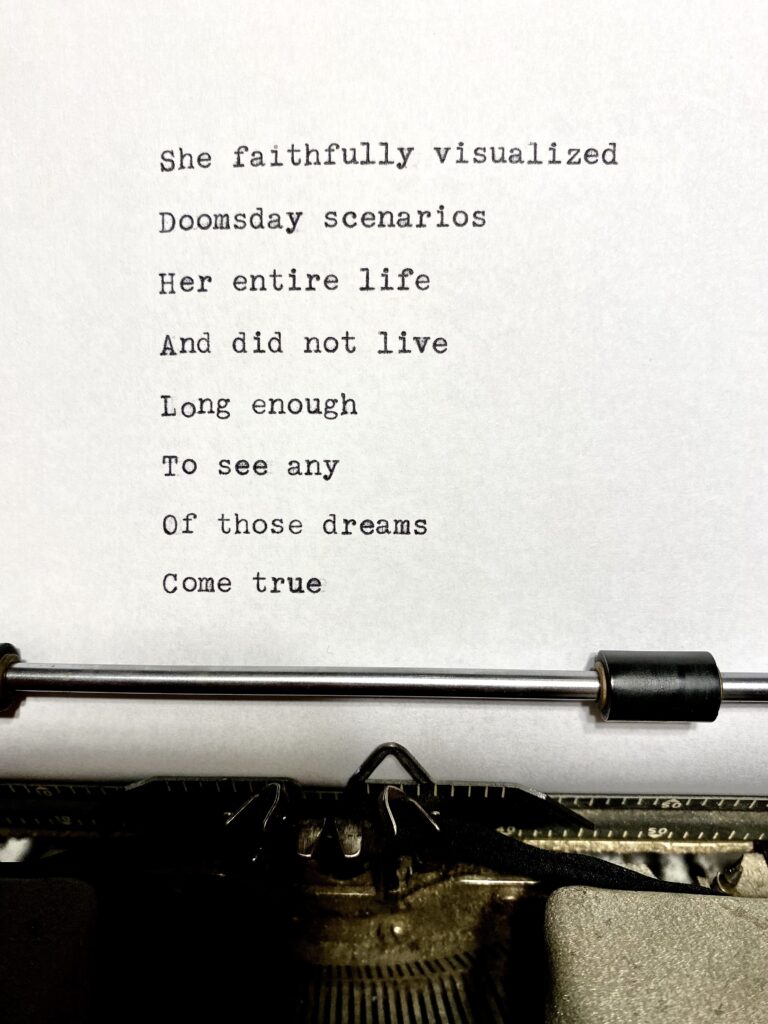
Two years ago today, I was inducted as a member into a society for which I never sought association. But since then I have gained a camaraderie with other members here that are among my richest life connections.
I became a widower two years ago today. I have experienced what feels like another lifetime of change in those 24 months.
One of those changes is in how I approach my writing. I have made a commitment to myself as a writer to be as honest as possible in my work.
No one needs guidance to know what to do with the good times. It’s when times get dark that we can’t see our way forward. That’s when the light of others becomes much more critical. I choose to be more forthcoming about the ugly parts so you can gain courage to deal with yours.
Anxiety was one of those ugly parts.
Our marriage took some heavy hits. We had plenty to upset the applecart along the way. Any disease is a struggle. Hers was ovarian cancer, an aggressive foe that takes a woman down in about 18 months. She stayed in the ring against it for 9 ½ years. It was an exhausting fight for both of us.
But for different reasons.
I witnessed a more formidable opponent show up to join in our match. Cancer called in Fear from ringside. Neither of them fight fair.
At times it felt like three against two. Cancer and Fear emit a toxin when you rub up against them in the ring. Their poison is Anxiety. It gets in the bloodstream and it wreaks havoc from within. And now we’re outnumbered.
On some days, it appeared the fight was over. Cancer and Fear were keeping quiet in their corner. She and I were in the other. But unbeknownst to us, Anxiety was still contending, gnawing at us both with an insidious appetite that ate away at our souls.
I started paying attention. Anxiety had a predictable pathology. It was akin to something like LSD. With permission from Cancer and Fear, Anxiety worked on the mind, creating hallucinating scenarios, causing us as victims to conjure mental circumstances that were not true, but produced responses as real as the nose on your face.
Anxiety nearly convinced me that my life wasn’t worth living. As I tell my story of depression, some find it hard to fathom that I was at that point. They would say. “You seemed like you were strong through it all,” Or “I’m so glad you recovered. You have so many people that love you.”
The venom of Anxiety kept me from seeing those kinds of truth statements.
Cancer robbed us of years. Anxiety robbed us of life within the years we were allotted.
—
I use my words to help you hear yours.
This is my mission as I try to become more effective in communicating through the written word. If I can help put words to your thoughts or validate a feeling that you had but weren’t quite sure how to articulate it, I’ve served my purpose as a writer.
Your circumstances may never mimic mine. Hopefully your spouse never gets cancer, let alone die of it. You may have better luck resolving conflict than I did. Financial security may not even be an issue for you like it was for us.
But there will be challenges of some kind to deal with. No one gets through life without a big ‘ol bite of the shit sandwich.
As a man who sat bedside and watched his life partner die, I’ve earned the opportunity to speak honestly about that assignment. I learned a lot about marriage under the vow I took, “till death do us part.”
Marriage provides an unpredictable environment for two people to join together and bear their hearts and souls to each other in search of a deeper, richer life than could be experienced alone.
With an emphasis on the unpredictable part. Neither of us knew what was going to eventually hit us.
On that Saturday April morning in 1990, when I stood before witnesses and said “for better or for worse, in sickness and in health, till death do us part” I wasn’t expecting to take that literally. If I had seen the end from the beginning, I would have probably lost heart along the way.
Some days were better than others. Some years were worse than others.
We were healthy most of those days, but sickness once required me to learn how to administer an enema out of necessity during the season when the infirmity was its most acute.
“Till death do us part….” And it did.
It’s in this place I can speak about the “for better or for worse” parts. And it serves no one for me to gloss over those. I am willing to go there because it’s real life. Not just mine, but yours also.
These are my memories today, two years into my new identity. We fought long and hard against Cancer. But at times, Fear and Anxiety caused us to turn and fight each other. If I could go back, would I do things differently? Honestly, probably not. I did the best with what I knew at the time. I was present. I stayed at the ring. I fought well. No regrets.
Thanks for reading,
KS
